Reciprocating shaker
Reciprocating Shakers are designed for a range of applications including cell cultures and extraction procedures that require accurate, repeatable results. Our shakers are designed to provide consistent, uniform shaking action. The back-and-forth reciprocating motion has a 19 mm stroke length. Permanently lubricated ball bearings and maintenance-free, brushless DC motor provide reliable service and continuous-duty operation
Report Abuse
Shipping Details
Based on 0 reviews
Be the first to review “Reciprocating shaker”
You must be logged in to post a review.
Vendor Information
- Store Name: ATLANTIC Scientific and Research Supply
- Vendor: ATLANTIC Scientific and Research Suply
- No ratings found yet!
-
Health & Medical
Mechanical Stirrer
Overhead stirrer is suitable for mixture of high viscosity liquid or solid-liquid. Widely used in chemical synthesis, pharmaceutical, physical and chemical analysis, petrochemical, cosmetics, health care, food, biotechnology and other fields.
Characteristics:
. Brushless DC motor drive, low noise and maintenance free.
. Stainless steel head restraints, more durable
. Stirrer with digital type has three kinds of rotation mode as positive rotation, inversion, reciprocal and mutual conversion.SKU: n/a -
Health & Medical
Flame Photometer
7- inch color touch- screen
Direct concentration display (Don’t cover FP-I640)
Automatic calculation of correlation coefficient (Don’t cover FP-I640)
Pre-selection of flame sizes
Flameout protection device
Measuring range changing
Concentration units selectable
Multilingual user interface
Air compressor provideSKU: n/a -
Health & Medical
Triple-Quad-Lc
The Agilent 6460 Triple Quadrupole LC/MS delivers superior sensitivity for trace level analysis with performance specifications in
Signal-to-Noise ratio (S/N) and Instrument Detection Limit (IDL). IDL is a rigorous, statistically based metric that indicates practical
sensitivity performance of your quantitative assays. The Agilent 6460 Triple Quadrupole LC/MS achieves sensitivity and resolution
specifications with autotune.SKU: n/a -
Health & Medical
Pippin-prep
The Pippin Prep facilitates library construction for the most popular NGS platforms, and is recommended by Illumina and Ion Torrent for certain workflows. The platform features the ability to collect narrow and even fragment distributions, as well as the flexibility to collect wide ranges of fragments with minimal effort. Target sizes or ranges of sizes are entered in software, and fractions are collected in buffer. Up to 5 samples per gel cassette may be run, with no possibility of cross contamination
SKU: n/a -
Health & Medical
Laminar air flow horizontal
Laminar Flow Cabinet – is used only for sample protection. Laminar Flow Cabinet is a work bench or similar enclosure, which creates a particle-free working environment by taking air through a filtration system and exhausting it across a work surface in a laminar or unidirectional air stream.
SKU: n/a -


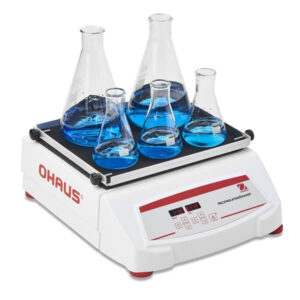
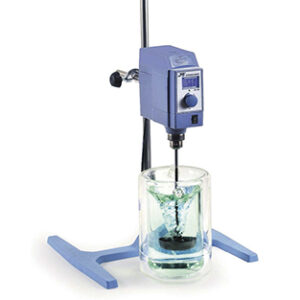
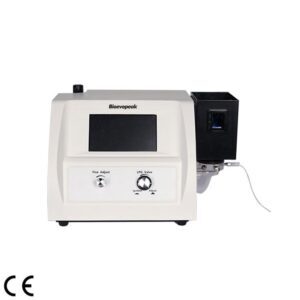
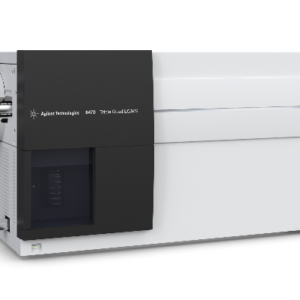
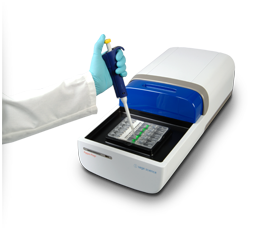
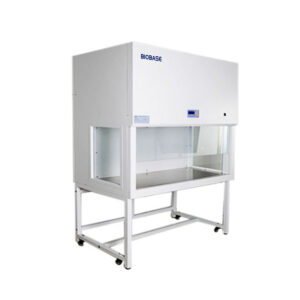
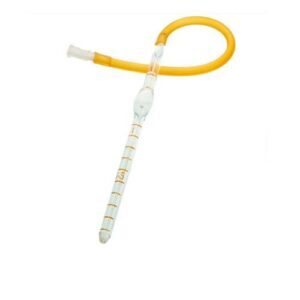
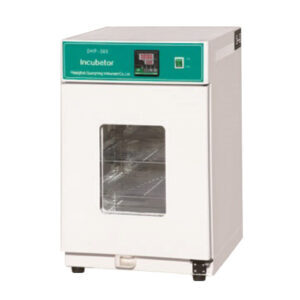
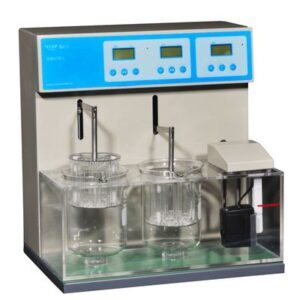
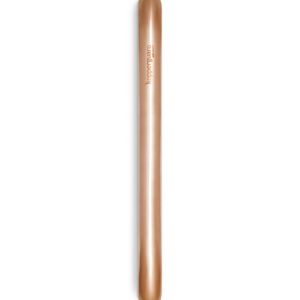
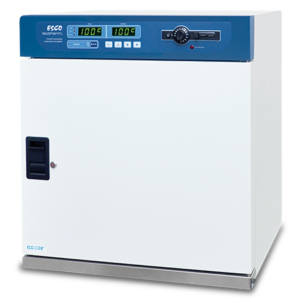
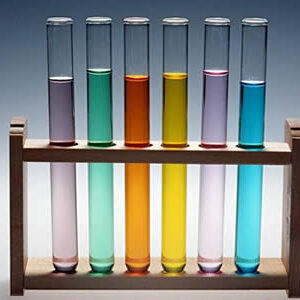
There are no reviews yet.